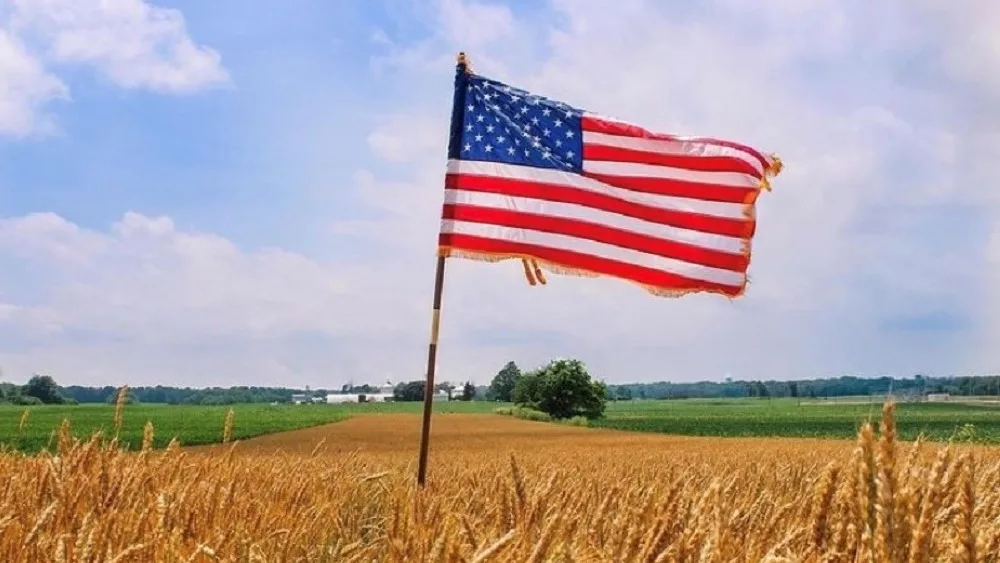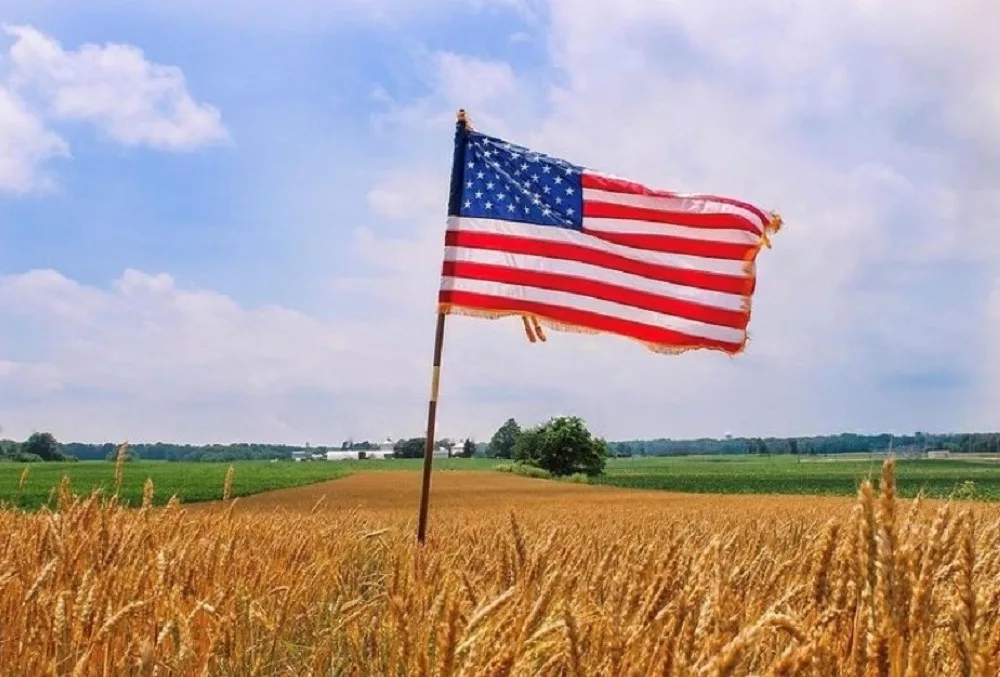The ownership of American farmland by U.S. foreign adversaries has gained a lot of attention lately. However, Fran Miller, senior staff attorney and professor with the Center for Agriculture and Food Systems at Vermont Law and Graduate School, says more attention should go be paid to regulating domestic corporate ownership.
“Corporate consolidation is a big issue in farmland. Congress, I think in a bipartisan way, has been focusing on some of the foreign investors in farmlands. But in my opinion, that really ignores the bigger issue in America, which is domestic corporate consolidation and ways that land is being treated as a commodity, as an investment vehicle,” she said. “There are lots of examples of that. If you look at some of the ads that are coming out from some of these multi-layered subsidiaries, which are really just buying land for investment purposes.”
She says it not only takes viable ag land off the market, but also drives up the cost of the land that is available for smaller farmers. And, she says, that’s not all.
“It’s decimating rural communities. It’s not a good thing. It prevents younger farmers and farmers with less capital from purchasing land,” she said. “It takes people out of rural communities and sends them off in other places.”
The Center for Agriculture and Food Systems partners with the National Family Farm Coalition on policy work, including the Farmland for Farmers Act. The bill would restrict corporations and multi-layered subsidiaries, pension funds, and investment funds from purchasing and leasing land and then getting USDA subsidies. Miller said there are exceptions for people who are farming the land themselves.
Senator Cory Booker (D-NJ), who serves on the Senate Ag Committee, introduced the legislation in July and stated in a news release, “This legislation is a crucial step in safeguarding rural America by ensuring that farmland remains in the hands of family farmers and is easier to acquire for those who dream of farming. For our domestic food security and the strength of our economy, we should prioritize the autonomy of rural communities and end speculative corporate investments that drive small farms out of business.”
Specifically, the Farmland for Farmers Act would:
- Restrict corporations, multilayered subsidiaries, pension funds and investment funds from purchasing or leasing agricultural land. These types of corporations would be allowed to continue owning farmland they already own, but these corporate owners would not have future access to USDA and Farm Credit System programs and benefits, which should not be used to underwrite speculative corporate farmland investments.
- Not apply to corporations with 25 or fewer shareholders, partners, members, or beneficial owners who are all actively engaged in farming; non-profit corporations; farmer cooperatives; or to farmland owned by a legal entity formed by owners of heirs’ property.
- Strengthen State authority to regulate corporations, both domestic and foreign, involved in farmland ownership.
- Authorize the imposition of penalties on corporate entities that violate ownership restrictions.
Several organizations are supporting the legislation, including: Action Aid USA, American Grassfed Association, American Sustainable Business Network, Campaign for Family Farms and the Environment, Dakota Resource Council, Farm Action Fund, Farm Aid, Farm and Ranch Freedom Alliance, Food & Water Watch, HEAL Food Alliance, Institute for Agriculture and Trade Policy, Iowa Citizens for Community Improvement, Land Loss Prevention Project, Missouri Rural Crisis Center, National Family Farm Coalition, National Young Farmers Coalition, Nebraska Communities United, Northeast Organic Farming Association – New Jersey, Open Markets Institute, Pennsylvania Farmers Union, R-CALF USA (Ranchers-Cattlemen Action Legal Fund United Stockgrowers of America), Rural Advancement Foundation International–USA, Socially Responsible Agriculture Project, Western Organization of Resource Councils, Wisconsin Farmers Union.
To read the full bill, click here.






